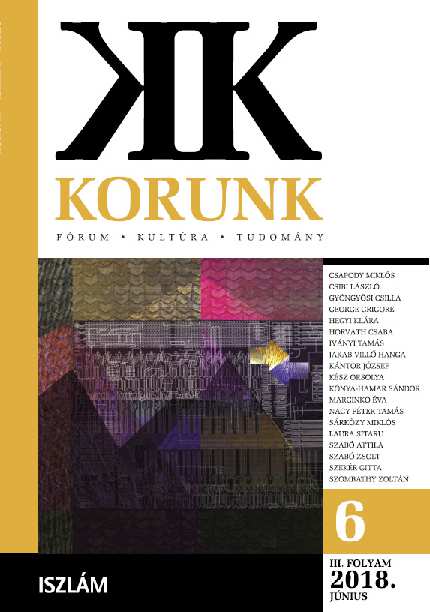Nyelvészeti szempontok az Idegen megjelenítéséhez a középkori arab utazók feljegyzéseiben
The Representation of the Stranger in Mediaeval Arab Travellers' Notes: Linguistic Remarks
Author(s): Laura SitaruContributor(s): Csilla Gyöngyösi (Translator)
Subject(s): Language studies, Cultural history
Published by: Korunk Baráti Társaság
Keywords: Middle Ages; Islam; Arabian travellers; linguistic alterity; ağam; alterity
Summary/Abstract: Linguistic remarks are quite frequent and significant in the characterization of the Stranger in mediaeval Arabic travel notes. Our sources measure the Stranger’s alterity with respect to their knowledge of Arabic, the medium through which the domain of alterity is accessed. This alterity is constantly associated with a reprehensible social behaviour and with the strangers’ poor assimilation of Islam and its rituals. Thus, the representatives of the cultural centre (markaziyya) mercilessly note the strangers’ linguistic, religious, and behavioural “deficiencies”. A good knowledge of Arabic has to be associated with a correct assimilation of the Islamic religion, the two elements jointly representing the essential criteria for inclusion in this most prestigious culture.
Journal: Korunk
- Issue Year: 2018
- Issue No: 06
- Page Range: 27-33
- Page Count: 7
- Language: Hungarian

